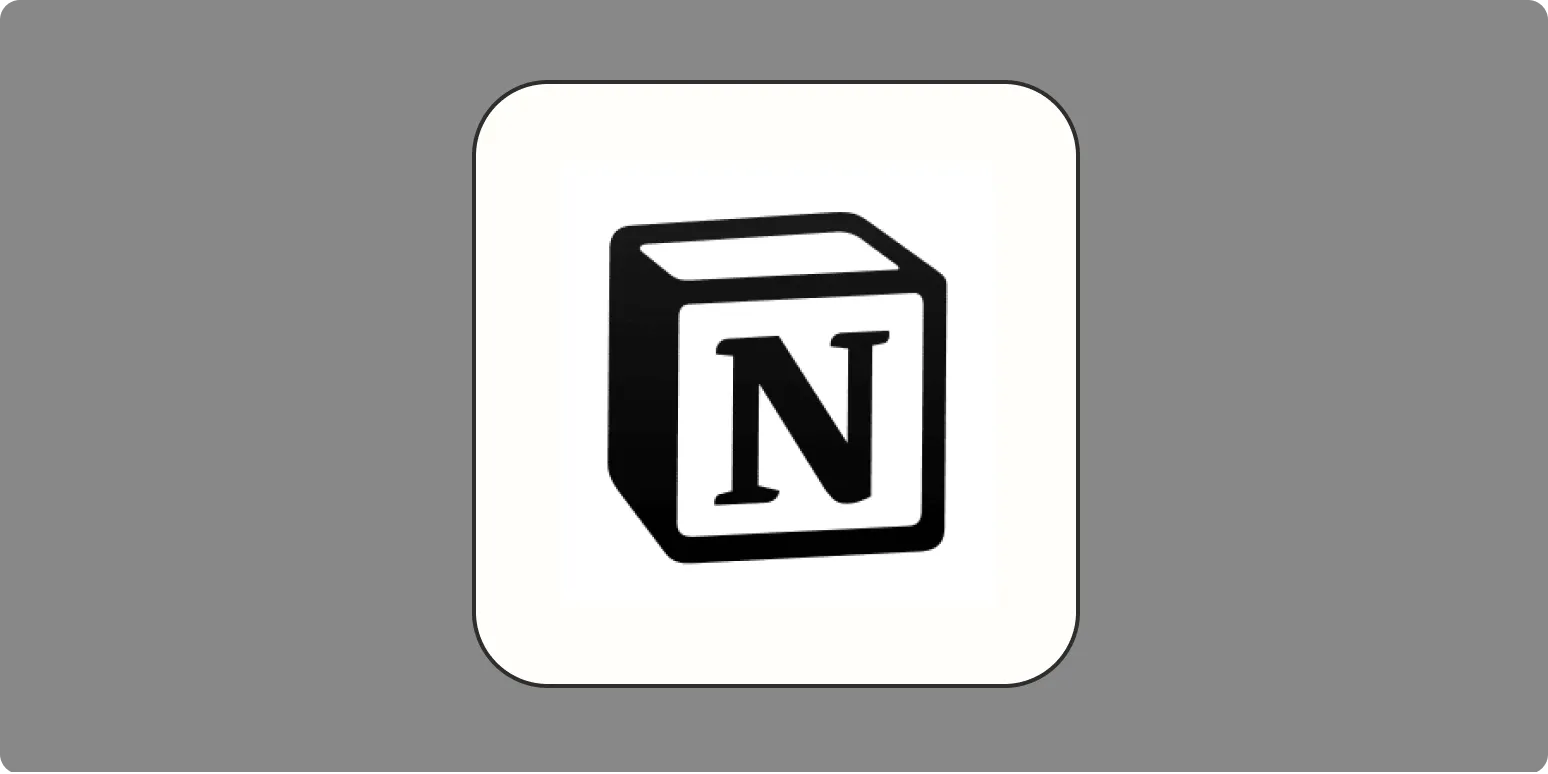Building a website on Notion has become an increasingly popular choice for individuals and businesses alike. Notion, a versatile workspace tool, allows users to create, manage, and collaborate on various types of content. But is it the right choice for your website? In this article, we will explore the process of creating a website in Notion and discuss the pros and cons to help you decide whether it fits your needs.
Why Choose Notion for Your Website?
Notion is known for its flexibility and user-friendly interface. Here are some key reasons why you might consider building a website on Notion:
- Ease of Use: Notion's drag-and-drop interface makes it easy to create and customize pages without needing extensive technical skills.
- Collaboration: Notion excels in collaboration features, allowing multiple users to edit and comment in real time, making it ideal for team projects.
- Integration: Notion integrates seamlessly with other tools, enhancing your workflow and productivity.
How to Build a Website on Notion
Creating a website on Notion is a straightforward process. Follow these steps to get started:
Step 1: Create a New Page
Log into your Notion account and click on the “+ New Page” button. This will serve as the foundation of your website. You can choose a blank page or select from Notion’s predefined templates.
Step 2: Organize Your Content
Plan the structure of your website. Consider creating different sections for home, about, services, and contact information. Use headers, sub-headers, and bullet points to organize your content effectively.
Step 3: Add Multimedia Elements
You can enhance your website by adding images, videos, and other multimedia elements. Just drag and drop them into your page or use the “/” command to insert various content types.
Step 4: Customize the Design
Notion allows limited design customization. You can change text styles, colors, and fonts, but the overall layout remains consistent. Use dividers and columns to create a visually appealing design.
Step 5: Publish Your Website
To publish your website, click on the “Share” button in the top right corner. Enable the “Share to Web” option, and your Notion page will be accessible online. You can also customize the link to make it more memorable.
Pros and Cons of Using Notion for a Website
While Notion offers numerous advantages, there are also some limitations to consider:
Pros:
- Cost-Effective: Notion offers a free plan that allows you to build a simple website without any financial commitment.
- All-in-One Tool: Notion combines note-taking, task management, and collaboration in one platform, eliminating the need for multiple tools.
- Up-to-Date Content: Since you can easily edit your Notion page, your website content can be kept fresh and current.
Cons:
- Limited Customization: The design options in Notion are restricted compared to traditional website builders, which may not be suitable for everyone.
- SEO Limitations: Notion does not provide robust SEO tools, which may hinder your website's visibility on search engines. If SEO is a priority, consider other platforms.
- Dependence on Notion: Your website is reliant on Notion’s platform. If they change their policies or features, it can affect your website.
Who Should Consider Building a Website on Notion?
Notion is ideal for:
- Personal Projects: If you want to create a portfolio or blog without the hassle of complex web development, Notion is a great choice.
- Small Businesses: For startups needing a simple online presence without significant investment, Notion can suffice.
- Teams and Collaborators: If your website is primarily for internal use or collaboration, Notion’s features will be beneficial.
When to Choose Another Platform
If you require advanced SEO features, extensive customization, or e-commerce capabilities, you may want to consider other platforms such as WordPress, Wix, or Squarespace. These platforms offer more comprehensive solutions for businesses and content creators looking for a professional online presence.
Conclusion
Building a website on Notion can be a simple and efficient way to establish an online presence, especially for personal projects or small businesses. However, it’s essential to evaluate your needs and consider the limitations of the platform. For those prioritizing design flexibility and SEO, exploring alternative website builders may be the better option. Ultimately, the choice depends on your specific goals and requirements.
With the knowledge of how to build a website on Notion and its pros and cons, you are now equipped to make an informed decision. Whether you choose Notion or another platform, remember that the key to a successful website lies in valuable content and user experience.





